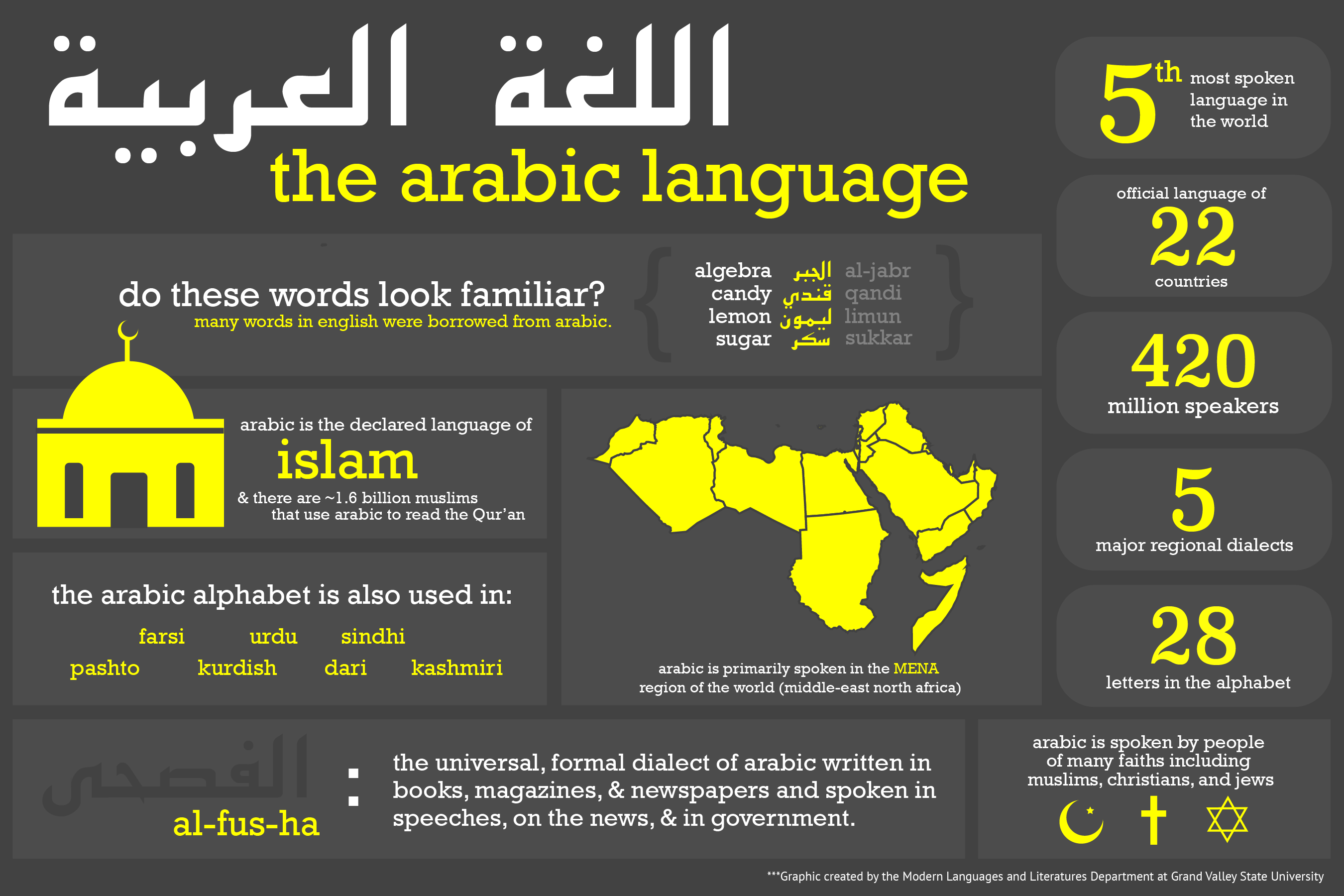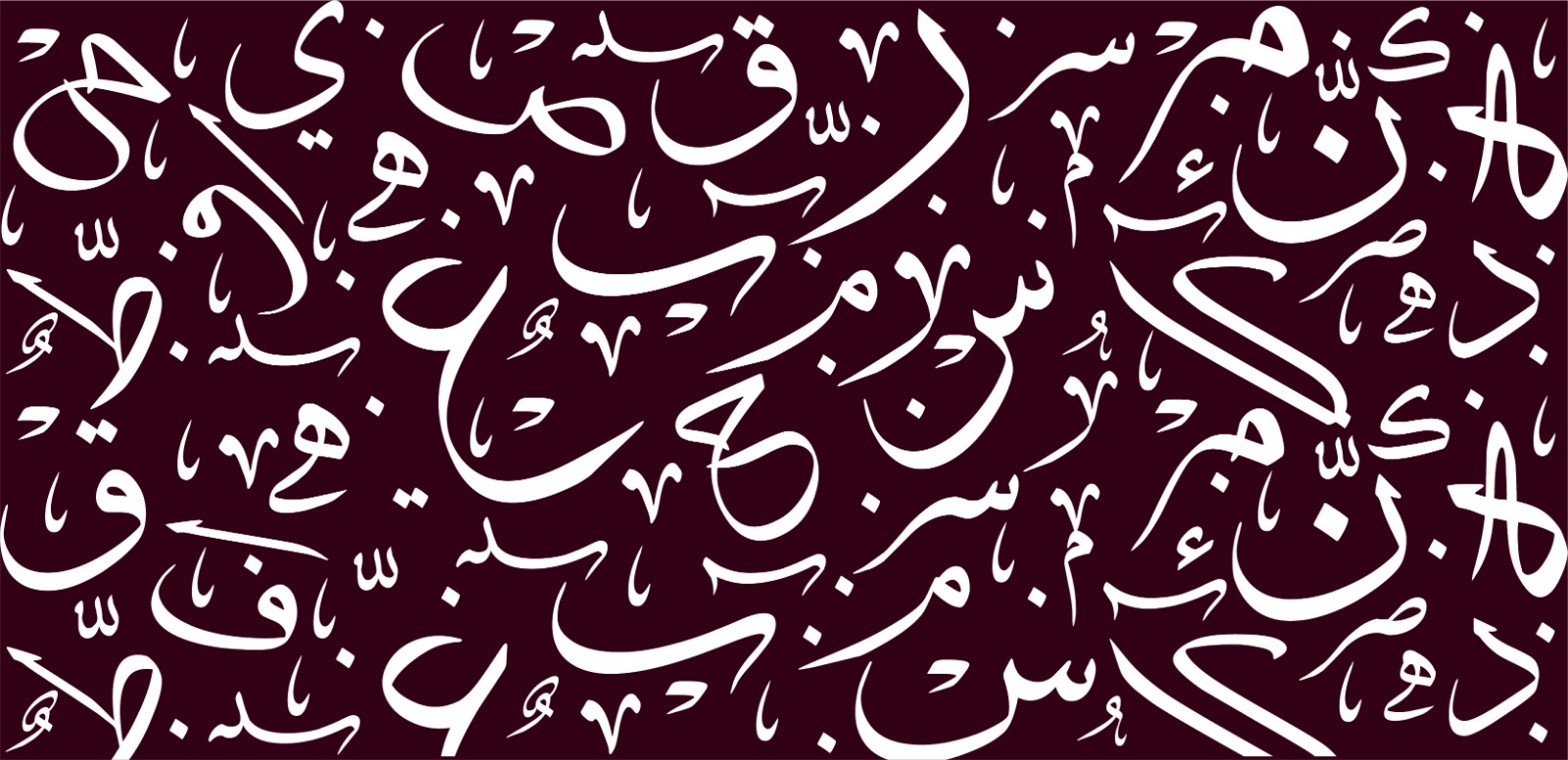In Muslim society, the role of mothers extends far beyond the realm of family. As the title “Mother in Muslim Language” suggests, mothers hold a profound cultural and religious significance, shaping the very fabric of Muslim communities worldwide.
Throughout history, mothers have been revered as pillars of strength, compassion, and guidance. They play a pivotal role in nurturing the physical, emotional, and spiritual well-being of their children, serving as the cornerstone of a stable and harmonious family unit.
Definition and Etymology

In the Muslim language, the word for “mother” is “umm”. The word “umm” is derived from the Arabic word “um”, which means “root” or “origin”. This reflects the importance of mothers in Muslim society, as they are seen as the foundation of the family and the source of life.
Etymology
The word “umm” has been used in the Muslim language for centuries. It is found in the Quran, the holy book of Islam, and in many other religious texts. The word is also used in everyday speech to refer to one’s mother.
Cultural Significance
In Muslim society, mothers hold a revered position, embodying the essence of love, sacrifice, and unwavering support within families and communities.
As the cornerstone of Muslim families, mothers play a pivotal role in nurturing and shaping the lives of their children. They instill values of compassion, empathy, and respect, fostering a strong moral compass and a deep sense of belonging.
Role in Families
Within the family unit, mothers are the heart and soul of the household, providing a haven of warmth, stability, and unconditional love. They nurture their children’s physical, emotional, and spiritual well-being, guiding them through life’s challenges and triumphs.
Mothers are the primary caregivers, responsible for their children’s health, education, and overall development. They create a nurturing environment that fosters intellectual curiosity, creativity, and a love for learning.
Beyond their immediate families, mothers play a significant role in extended family networks. They maintain close ties with their parents, siblings, and other relatives, ensuring a strong sense of community and intergenerational support.
Role in Communities
Mothers are not only confined to their homes; they also actively participate in community life. They volunteer their time and resources to support various causes, such as education, healthcare, and social welfare.
Through their involvement in community organizations and religious institutions, mothers foster a sense of unity and shared purpose. They contribute to the overall well-being of their communities, promoting peace, harmony, and social cohesion.
Religious Significance
In Islam, mothers hold a position of great reverence and respect. They are considered to be the cornerstone of society and play a pivotal role in shaping the moral and spiritual development of their children.
The Quran, the holy book of Islam, contains numerous verses that emphasize the importance of mothers and their rights. For example, in Surah Luqman, Allah (God) commands:
“And We have enjoined upon man concerning his parents- his mother carried him, [increasing her] in weakness upon weakness, and his weaning is in two years – that you be grateful to Me and to your parents; to Me is the final destination.”
The Prophet Muhammad (peace be upon him) also spoke highly of mothers. In a Hadith, he said:
“Paradise lies at the feet of mothers.”
This Hadith signifies that treating mothers with kindness and respect is a path to earning Allah’s favor and entering Paradise.
Rights of Mothers
In Islam, children have a number of obligations towards their mothers, including:
- Providing them with financial support
- Caring for them in their old age
- Treating them with respect and kindness
- Obeying them in all matters that are not sinful
Historical Perspectives
Throughout history, mothers in Muslim societies have held a revered position, playing pivotal roles within their families and communities. Their influence has transcended domestic spheres, shaping cultural, social, and religious norms.
In pre-Islamic Arabia, mothers were highly respected for their nurturing and protective qualities. They held significant authority within the household, guiding the upbringing and education of children. The advent of Islam further elevated the status of mothers, recognizing their immense contributions to society.
Role of Mothers in Early Islamic Society
During the early days of Islam, mothers were instrumental in nurturing the faith and transmitting religious knowledge to their children. The Prophet Muhammad (PBUH) emphasized the importance of honoring and respecting mothers, declaring that “Paradise lies at the feet of mothers.”
This reverence for mothers became deeply ingrained in Muslim societies, shaping family dynamics and societal values.
Evolution of the Role of Mothers
Over time, the role of mothers in Muslim societies has evolved in response to changing social, economic, and cultural factors. In traditional Muslim societies, mothers were primarily responsible for domestic duties and childcare. However, with increasing urbanization and women’s education, many Muslim mothers have entered the workforce, balancing their traditional roles with professional pursuits.
Despite these changes, the central role of mothers in Muslim families remains unwavering. They continue to be the primary caregivers, educators, and emotional anchors for their children. Their influence extends beyond the household, as they actively participate in community and religious organizations, shaping the social fabric of Muslim societies.
Comparative Analysis

The role of mothers in Muslim society has been shaped by both cultural and religious influences, resulting in unique perspectives and practices. In comparison to other cultures, Muslim mothers often hold a revered and respected position within the family and community.
One of the key similarities in the cultural perceptions of mothers across different cultures is the recognition of their nurturing and protective role. In Muslim society, mothers are seen as the primary caregivers, responsible for the physical, emotional, and spiritual well-being of their children.
This role is often extended beyond the immediate family, with mothers playing an active role in supporting and caring for other family members and members of the community.
Similarities in Cultural Perceptions
- Mothers as primary caregivers, responsible for children’s well-being.
- Mothers as nurturers and protectors, providing love, support, and guidance.
- Mothers as role models and educators, transmitting cultural values and traditions.
Differences in Cultural Perceptions, Mother in muslim language
- In some Muslim cultures, mothers may have more authority and influence within the family, while in others, they may have a more subordinate role.
- The level of education and economic opportunities available to mothers can vary significantly across different Muslim societies, impacting their ability to fulfill their roles.
- Cultural norms and expectations regarding mothers’ behavior and responsibilities can vary, influenced by factors such as region, socioeconomic status, and religious interpretations.
Social and Economic Impact
Mothers in Muslim societies play a pivotal role in shaping the social and economic fabric of their communities. They are the primary caregivers, educators, and nurturers of the next generation, responsible for instilling values, beliefs, and traditions.
The economic contributions of mothers are often undervalued. They engage in unpaid domestic labor, including childcare, cooking, cleaning, and other essential tasks that support the well-being of their families and the functioning of society.
Challenges
- Limited Access to Education and Employment:In some Muslim societies, mothers face barriers to education and employment, limiting their economic opportunities and independence.
- Gender Inequality:Traditional gender roles can perpetuate inequalities, with mothers bearing a disproportionate burden of household responsibilities and caregiving.
- Lack of Support Systems:Inadequate childcare facilities and support systems can make it challenging for mothers to balance work and family responsibilities.
Opportunities
- Education and Empowerment:Initiatives to increase access to education and training for mothers can empower them economically and enhance their social status.
- Flexible Work Arrangements:Flexible work arrangements, such as part-time work or remote work, can help mothers balance their work and family responsibilities.
- Community Support:Strong community support networks and childcare services can provide mothers with the assistance they need to thrive both socially and economically.
Contemporary Issues: Mother In Muslim Language

In the modern world, mothers in Muslim societies face a unique set of challenges and opportunities. They must navigate the traditional roles and expectations of motherhood while also adapting to the demands of the 21st century.
One of the most significant challenges facing Muslim mothers is the issue of work-life balance. In many Muslim societies, women are expected to be the primary caregivers for their children. This can make it difficult for them to pursue careers outside the home.
However, there is a growing trend towards women in Muslim societies entering the workforce. This is due in part to the increasing educational attainment of women and the changing economic landscape. As more women join the workforce, they are faced with the challenge of balancing their professional and personal responsibilities.
Another challenge facing Muslim mothers is the issue of discrimination. In some Muslim societies, women are not afforded the same rights and opportunities as men. This can make it difficult for them to access education, employment, and healthcare.
Despite these challenges, there are also a number of opportunities available to Muslim mothers in the modern world. For example, there are now more resources and support systems available to help them balance their work and family responsibilities.
Additionally, there is a growing movement towards gender equality in Muslim societies. This is due in part to the efforts of Muslim feminists and activists who are working to change attitudes and laws that discriminate against women.
Education
Education is one of the most important factors in improving the lives of Muslim mothers. It gives them the skills and knowledge they need to be successful in the workforce and to provide for their families.
However, in many Muslim societies, girls are not given the same opportunities for education as boys. This is due to a number of factors, including cultural biases and poverty.
There is a growing movement towards increasing girls’ access to education in Muslim societies. This is being led by a number of organizations, including the United Nations Girls’ Education Initiative and the Malala Fund.
Increasing girls’ access to education has a number of benefits. It helps to improve their health and well-being, and it increases their earning potential. It also helps to reduce poverty and inequality.
Employment
Employment is another important factor in improving the lives of Muslim mothers. It gives them the financial independence they need to support themselves and their families.
However, in many Muslim societies, women face barriers to employment. These barriers include discrimination, lack of access to childcare, and cultural biases.
There is a growing movement towards increasing women’s participation in the workforce in Muslim societies. This is being led by a number of organizations, including the International Labour Organization and the World Bank.
Increasing women’s participation in the workforce has a number of benefits. It helps to improve their economic status, and it reduces poverty and inequality. It also helps to promote gender equality.
Last Word
In conclusion, the role of mothers in Muslim society is multifaceted and deeply ingrained in both cultural and religious traditions. From their pivotal role in family life to their contributions to the community and the nation, mothers are the backbone of Muslim societies, embodying the values of love, sacrifice, and unwavering faith.
User Queries
What is the significance of mothers in the Muslim community?
Mothers are highly revered in Muslim society, holding a central role in the family and community. They are seen as the foundation of a stable and harmonious family unit, responsible for nurturing the physical, emotional, and spiritual well-being of their children.
How does Islam view the role of mothers?
Islam places great importance on the role of mothers, recognizing their immense contributions to society. The Quran and Hadith contain numerous passages that emphasize the virtues of motherhood and the importance of honoring and respecting mothers.